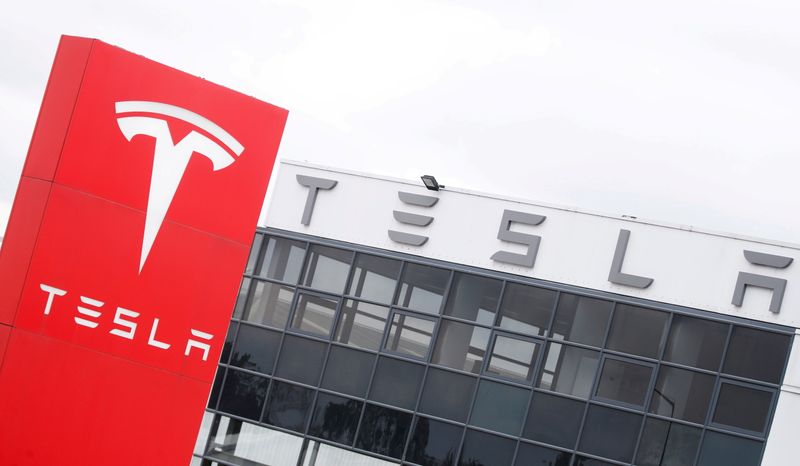Tesla (NASDAQ:TSLA) is undergoing a critical period as it finds itself “in the midst of the most profound realignment of priorities and strategy” in its history, Morgan Stanley analysts said in a Thursday note.
In time, this “confusing metamorphosis,” could make sense, they added.
The Wall Street investment banking giant shared five key thoughts on this transformation.
1. Electric vehicle (EV) industry is entering a “commoditized dark age,” contrasting with the burgeoning renaissance in AI and robotics.
They suggest that Tesla's strategic decisions should be viewed in this context, noting that China has already secured its position as the global leader in traditional EVs.
2. Recent developments at Tesla, including the delay of the Model 2, a reduction in headcount by over 10%, downsizing the supercharger team, and a slowdown in gigacasting expenditure, indicate a strategic shift at the company.
Specifically, investors should anticipate an increased focus on ramping up AI infrastructure spending in place of these areas, Morgan Stanley noted.
“Important technological and competitive changes are driving an AI ‘arms race’ and Tesla is in the ring. And no, this is not just about CyberCab which we believe still has significant further room for improvement before commercialization at scale,” analysts wrote.
“The intersection of AI, supercomputing and robotics involves a wide range of markets,” they added.
3. Morgan Stanley highlighted the convergence of large language models (LLMs) and vision language models (VLMs) within multimodal systems, significantly improving robot learning efficiency.
This progress allows robots, whether in the form of robotaxis or humanoids, to evolve at the pace of generative AI and Nvidia (NASDAQ:NVDA) datacenter growth, Morgan Stanley analysts said.
The firm also notes a trend towards integrating camera systems in various devices, from drones to cars, to gather diverse video data for training neural networks.
“Investors are beginning to contemplate the potential synergies between Tesla and other entities currently controlled by Tesla’s CEO. For example, the integration of the generative AI chatbot ‘Grok’ into the Tesla and Optimus ecosystem is rather straightforward,” analysts said.
4. The Wall Street giant also reflected on Elon Musk’s recent trip to China, viewing it as more than just seeking approval for Tesla's Full Self-Driving (FSD) technology. They believe the visit was a strategic move to foster goodwill and cooperation in key technology and supply chain sectors amid tense Sino-US relations.
Analysts emphasize that China's involvement is crucial for addressing inflation in the auto sector and is indispensable in the successful industrialization of EVs, autonomous vehicles, and robotics.
5. Morgan Stanley’s team thinks that the voting control issue “seems to be highly deterministic for Tesla.”
“In our opinion, Tesla’s AI potential will remain capped unless and until the voting control issue is resolved. This is extremely problematic for Tesla investors for a number of reasons, including the inability to quantify the impact,” they wrote.
However, analysts stressed that Tesla's stock will likely be more influenced by broader challenges in the global EV market as long as minority shareholder concerns persist.
Investors are also beginning to take into consideration other entities controlled by Musk “that could play a role in the technological, strategic and structural/legal future of the company,” analysts concluded.
